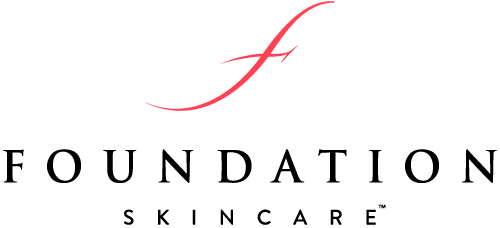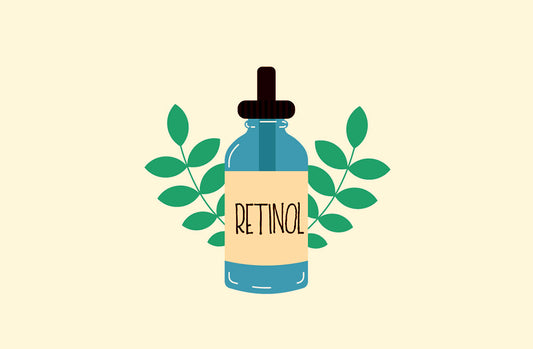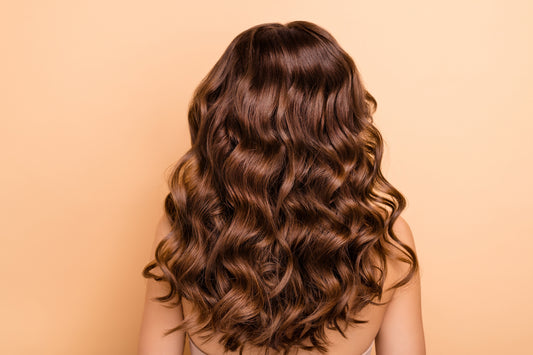The hair cycle and hair follicle structure are heavily impacted by our hormones. In both men and women, hormonal imbalances contribute to patterned hair loss, specifically alterations in the androgen receptor.
Below, Dr. Anthony Nuara, MD PhD FAAD explores hormonal hair loss causes, whether or not it’s preventable, and lastly, how to treat hormonal hair loss.
What Hormone Causes Hair Loss?
While the mechanisms of androgenetic hair loss are complex, hormones are central to the problem. In general, testosterone and other androgens are converted by an enzyme called 5-alpha-reductase into a more potent form known as DHT, dihydrotestosterone. This potent form of testosterone is responsible for male sexual development, but also patterned hair loss in both males and females.
In addition to testosterone, DHEA (Dehydroepiandrosterone) plays a role in hair loss. Studies have found that men with early-onset (<35 years) pattern hair loss have increased DHEA levels.1 Elevated DHEA levels also contribute to hormonal hair loss in women, even when they have normal testosterone levels.2
Some researchers have also hypothesized that estrogen may have a protective role against hair loss. This is based on the observation that patients with lower estrogen levels during menopause and postpartum are more likely to develop female pattern hair loss.3
Is Hormonal Hair Loss Preventable?
Even if you are genetically predisposed to hair loss, there are some steps you can take to slow or halt its progression. First, consider avoiding DHEA supplements and supplemental testosterone.
Some people find success in taking prescription medications like finasteride and dutasteride, which block 5-alpha-reductase and have been shown to slow or reverse hormonal hair loss. However, there are potential side effects to these medications, such as decreased fertility, low libido, depression, and an increased risk of prostate cancer. And they should also never be taken by women who are still able to conceive children because the medication can be absorbed through the skin and cause birth defects in male fetuses.
A safer alternative to these medications is saw palmetto, an herbal supplement that also blocks the conversion of testosterone into DHT. Foundation Skincare’s UnTangled Hair Supplement contains saw palmetto alongside other science-backed ingredients like vitamin C, marine collagen, and horsetail extract, which provide the body with the building blocks it needs to increase keratin production and revitalize hair growth.
Best Hormonal Hair Loss Treatments
Taking a multi-pronged approach is typically the best path forward when you start noticing signs of hair loss. Along with taking supplements like UnTangled, you may want to consider medications that can reduce levels of DHT, such as topical or oral Minoxidil. However, if you choose this type of medication, you should do so under the supervision of a physician to help minimize side effects like hair shedding, acne, and irritation.
Using the appropriate hair serum can also encourage new hair growth and slow additional hair loss. Foundation Skincare’s Hair Serum is a topical product that contains clinically-proven herbs, vitamins, minerals, and acids that stimulate the hair follicles, boost keratin production, and revitalize the hair growth cycle. The quick-drying formula triggers the production of potent hair growth factors, while nourishing and conditioning the scalp to prevent further hair loss. The Hair Serum pairs perfectly with UnTangled to combat hair loss both internally and externally.
Making changes to your lifestyle is also important. Following a well-varied diet of vitamins, minerals, and protein can help you get the nutrients you need for healthy hair growth. Getting enough sleep and giving up habits like smoking and excessive drinking can also be a game changer for your hair (and your overall health!).
When it comes to hair loss, being proactive is crucial. If you’re noticing your hair thinning, find more tips on how to help preserve growth and minimize hair loss in the FS Journal.





